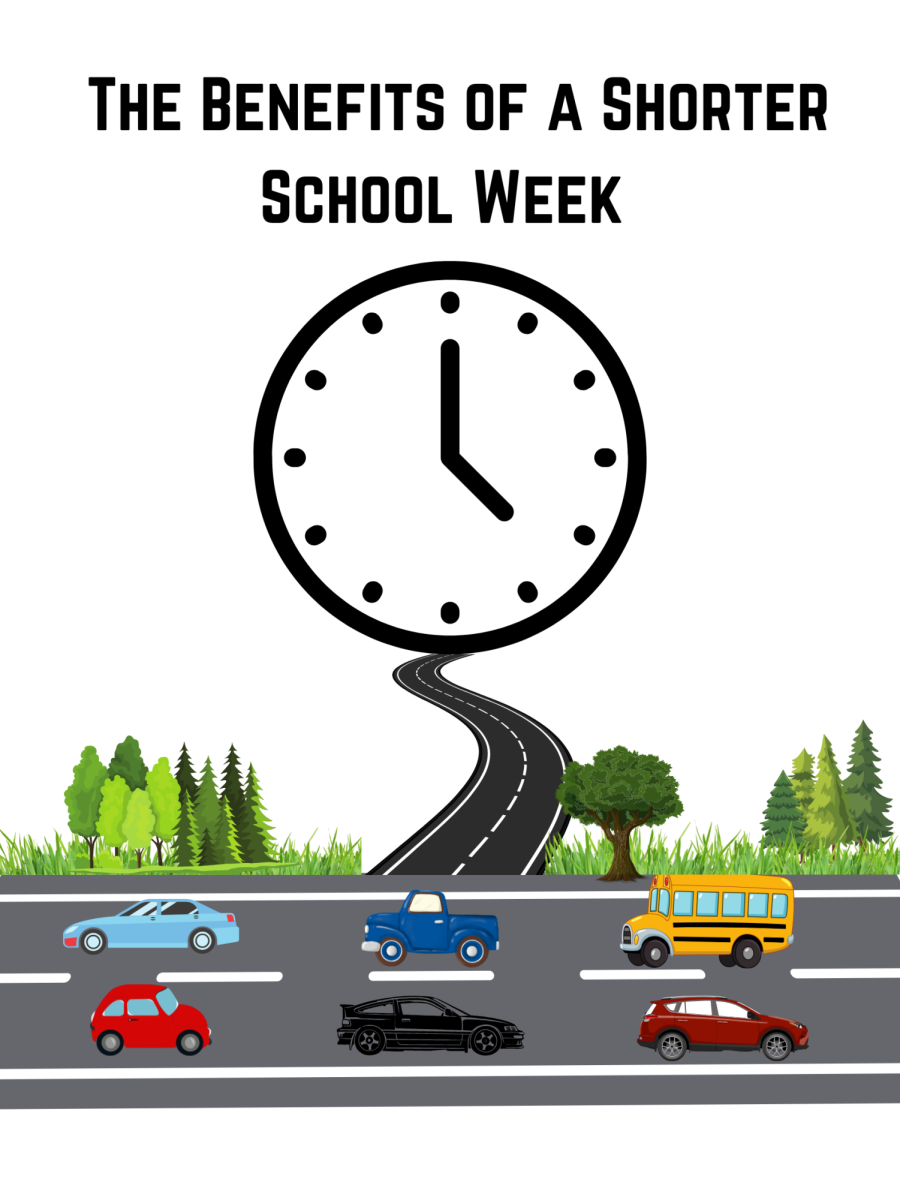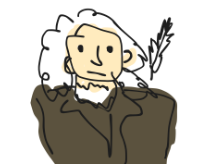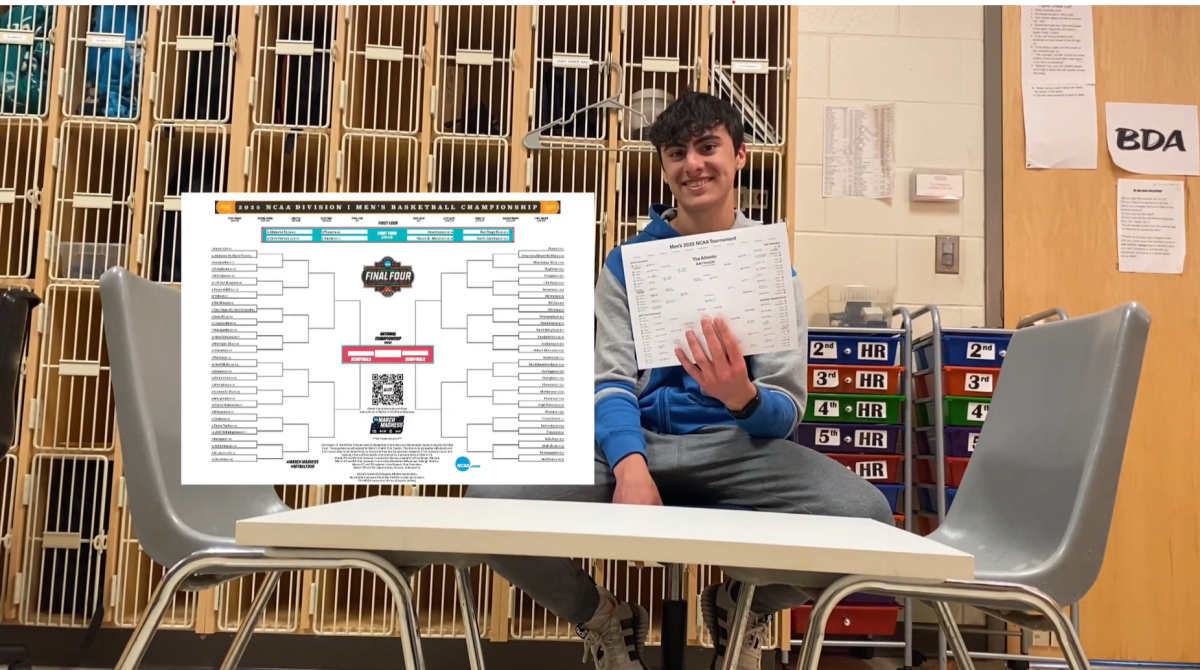With winter breaks and holidays quickly approaching, screens fill with Christmas films for families and friends to enjoy. One of the longest-standing and most well-known tales involving the winter season is “A Christmas Carol,” and its myriad of adaptations are all based on the novella by Charles Dickens. Ebenezer Scrooge, the story’s protagonist, is known for his apathetic and stingy personality. It is so distinct that “Scrooge” is now used as a noun to describe anyone with a similarly grouchy disposition.
Words derived from names aren’t unique to this situation. This linguistic practice is commonplace in scientific industries, often to honor inventors. For instance, “diesel,” a fuel used in many large trucks, and “Fahrenheit,” a temperature unit, are named after their creators, Rudolf Diesel and Daniel Gabriel Fahrenheit. Additionally, the pattern extends past academics or pioneers. Brands can lose trademarks if their names become so widespread that they turn generic. “Escalators,” “laundromats” and “yo-yos” all fell to “brand genericide,” with most forgetting their original brands.
Of course, not all eponyms come from innovators or corporate marketing teams, and Scrooge is not the only personality outlandish enough to be found in a dictionary. Giacomo Casanova’s romantic prowess and playboy attitude made him both a famous lover and a noun in “Merriam-Webster.” He shares those pages with a fellow Italian, Niccolo Machiavelli, a philosopher whose cunning and opportunism inscribed his name into the pages of the “Oxford English Dictionary.”
Other words arise from actions rather than personalities or creation. According to The Database of American Proprietary Eponyms, the term “boycott” stems from a hated landlord whose town refused to do business with him, and “dunce” comes from a questionable philosopher ostracized by his peers. The practice of “gerrymandering” even traces its origins back to a salamander-shaped voting district drawn by Massachusetts Governor Elbridge Gerry.













